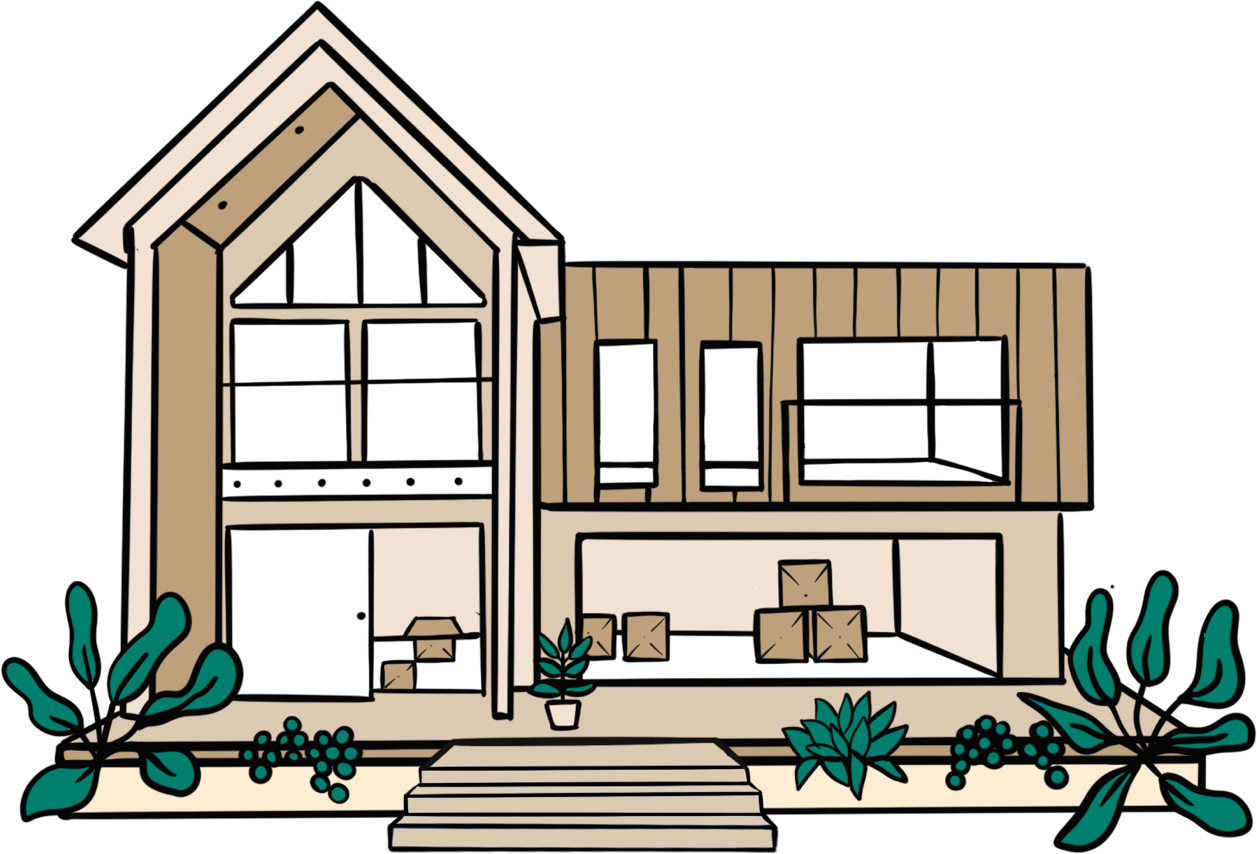Buying a house in 2025 costs more than just paying the asking price and deposit. From the moment your offer is accepted, there’ll be home buying costs that can add 10% to 15% the total costs.
From the legal work to stamp duty, removals and ‘hidden costs’ you might not first think of, own a home might cost more than you think.
Here’s what you’ll typically need to budget for when buying a house and moving:
- Mortgage deposit = % of the home value
- Conveyancing fees = £800 - £2,000
- Disbursements = £380 - £445
- Mortgage fees = £100 - £600
- Mortgage broker = £150 - £600
- Surveys = £400 - £1,500
- Stamp Duty = 0% to 12% of the home value
- Removal costs = £350 - £2,000+
- Insurance = £150 - £400
- Furniture and fittings = Varies (see section 10)
- Ongoing costs = Varies (see section 11)


